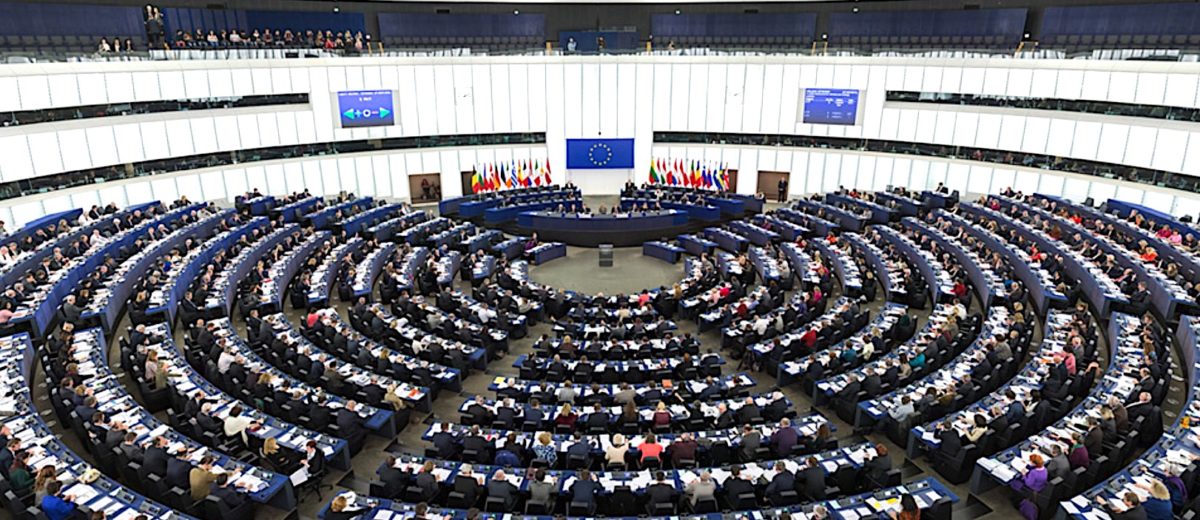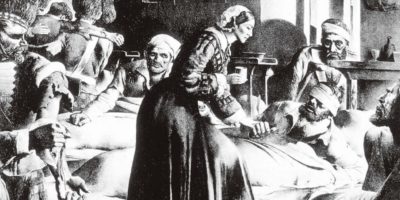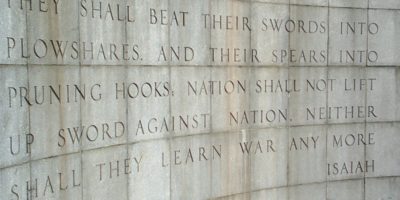The 18th in a series of draft chapters for a popular-style illustrated coffee-table book about how the Bible has shaped so many facets of our western lives. Feedback is welcomed.
THE BIBLE, THE UN AND THE EU
Today the United Nations and the European Union are criticised from all sides by people of all faiths and none. When we ask why and how the UN and the EU came into existence, we discover that many of the key initiators were motivated by biblical values and ideals.
Could either of these entities ever have existed without biblical inspiration?
When war broke out, Sir Winston Churchill, never an active churchgoer, warned the British: ‘The Battle of Britain is about to begin. Upon this battle depends the survival of Christian civilization.’
As war raged across Europe and beyond, the desire to build a free and peaceful post-war world order prompted President Franklin Roosevelt to articulate ‘the four essential human freedoms’: freedom of speech, freedom of worship, freedom from want and freedom from fear.
These ideas would germinate over the next eight years into the founding of the United Nations in 1945, and the formulation of the Universal Declaration of Human Rights (1948), the first article of which read: ‘All human beings are born free and equal in dignity and rights. They are endowed with reason and conscience and should act towards one another in a spirit of brotherhood.’
Dr Charles Malik, a Lebanese Christian, was one of the drafters of the UDHR and later became the president of the UN General Assembly. US Secretary of State John Foster Dulles expressed that ‘Christian forces’ had been primarily responsible for giving the UN Charter a ‘soul’ in the commitments to human rights; among them pre-communist China (much influenced by Protestant-mission universities) and the governments of Catholic Latin America. Eleanor Roosevelt, a key player in shaping the UDHR, prayed each evening: ‘Save us from ourselves and show us a vision of a world made new’.
Winning the war was one thing; sustaining the peace was another. We easily forget how volatile the post-war years were with efforts by the Kremlin to overthrow the fledgling democracies of France, Italy, Spain and West Germany.
While America cajoled western European leaders to formulate plans to bring West Germany back into the community of democratic nations, it offered the Marshall Plan as an economic package to kick-start the economy and initiated the North Atlantic Treaty Organisation as a protective umbrella against the Soviet threat. While essential for the recovery of western Europe, these initiatives were like scaffolding on the outside of a building project. The process of rebirth and reconstruction required an indigenous European initiative.
The defining moment for Europe’s future (including Central and Eastern Europe in the long run) took place on 9 May 1950 when the French foreign minister Robert Schuman surprised the world with his daring plan for a European Coal and Steel Community, the first step towards what has become the European Union. In a speech lasting three short minutes, Schuman laid the foundations for a European house in which today half a billion Europeans from 28 (soon to be 27) nations live together in peace, committed to democracy and human rights.
Schuman’s personal vision was that Europe should become a ‘community of peoples deeply rooted in basic Christian values’. ‘Democracy will either be Christian or it will not be,’ he wrote. ‘An anti-Christian democracy will be a parody which will sink into tyranny or into anarchy.’
Europeans today may squirm at references to Christianity and spiritual values. Churchill’s reference to ‘the survival of Christian civilisation’ may sound outdated in post-Christian society. And Schuman’s talk of ‘Christian democracy’ would be scoffed at in many circles today.
Yet Schuman and Churchill were not isolated voices. Numerous key figures engaged in drafting the UDHR and the ECHR consciously drew from their Judeo-Christian worldview, while attempting to find common ground with those of other persuasions.
Schuman’s German colleague Konrad Adenauer believed it to be ‘providential’ that those at the core of the new European project were ‘filled with the desire to build the new edifice of Europe on Christian foundations.’
The claim that Europe’s roots are primarily Christian is largely ignored today. Yet, even British atheist Richard Dawkins candidly admits we cannot understand European history without understanding Christianity and the Bible. Leading secular philosopher Jürgen Habermas concedes that there is no alternative to Judaeo-Christian ethics for grounding freedom, solidarity, emancipation, morality, human rights and democracy. These ideals are the direct legacy of the Jewish ethic of justice, he argues, and the Christian ethic of love.
In other words, without this biblical legacy, there would have been no Europe as we know it, no European Union and no United Nations.
Till next week,




[…] This article originally appeared on Jeff Fountain’s ‘Weekly Word‘ […]